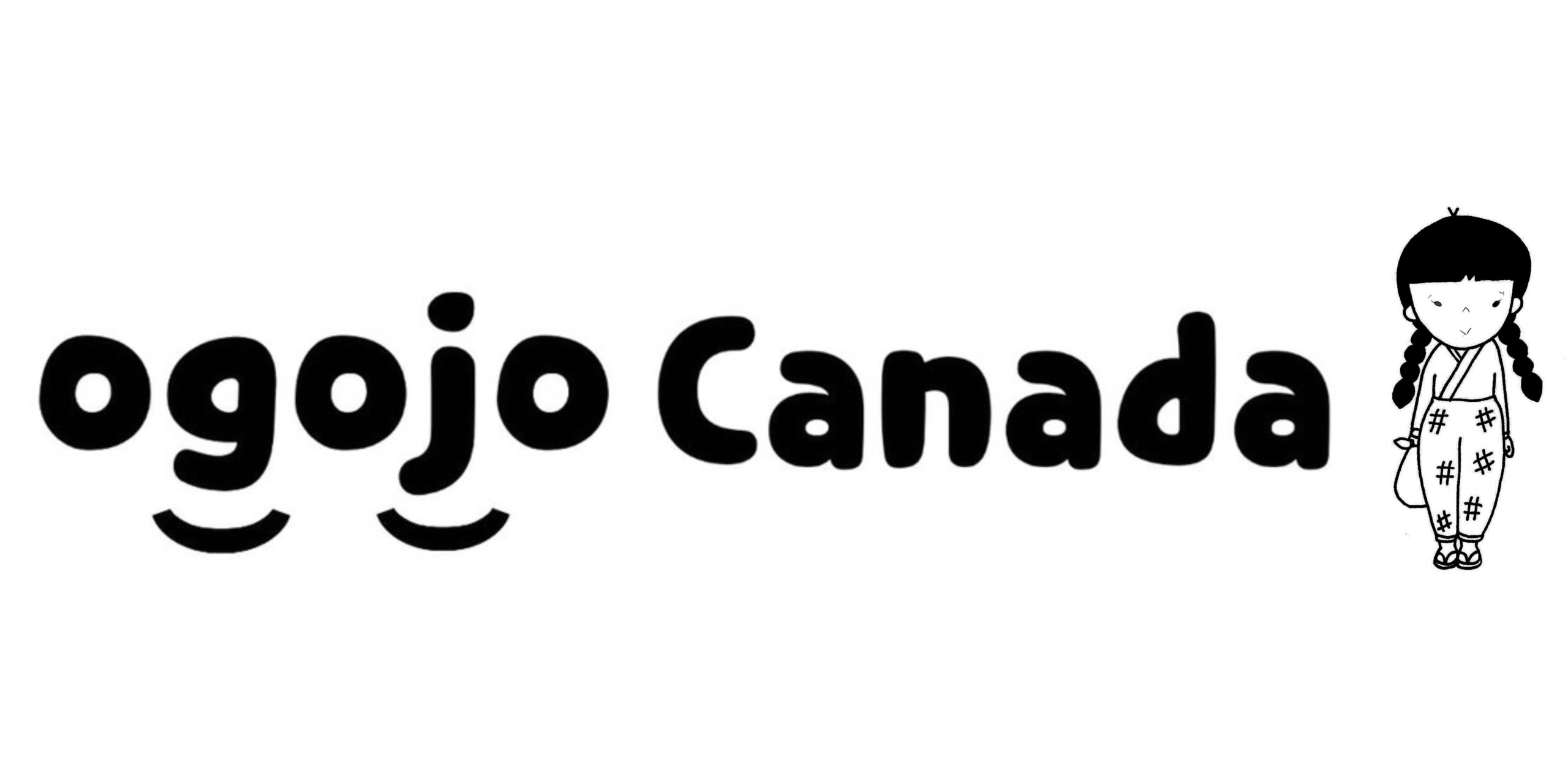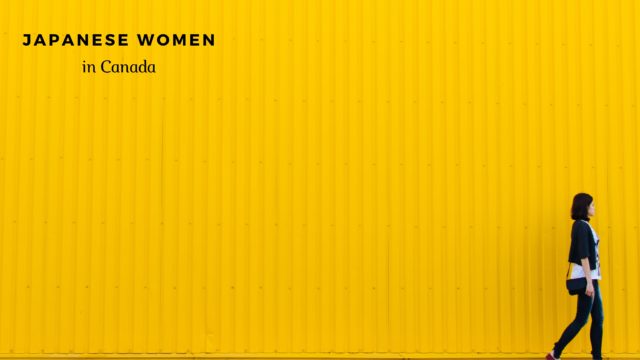- What do you like about Canada?
- How long have you lived in Canada? What is your reason for coming?
- What is your feeling after living in 12 cities, towns and villages and four countries in 30 years – Japan, the USA, the UK and Canada?
- Tell us about the struggles you faced as an immigrant while living in different countries.
- What are you currently doing?
- You yourself have studied at various universities.
- Tell us about the study abroad consultancy AK Jump.
- Tell us about your community volunteering initiatives on diversity and inclusion.
- Miki not only gives advice on studying abroad, but also tours inclusive education in Canada.
- The introduction of inclusive education in Japan
- What are your goals for the future?
- You are learning many things at Universities and working to contribute to society – where does your motivation come from?
- What do you like to do?
- What is your belief or motto?
- Any message?
- Editor’s Comment
What do you like about Canada?
It is a place where diversity varies regionally as well as in people.
I like the diversity of people here, but also where diversity varies regionally. I have had the experience of living in Victoria, Burnaby, Calgary and Ottawa. Ottawa is the capital city, so there were students from all over the world, and it was also exciting and fun living in Calgary and Victoria where they were very different from Eastern Canada. It was fascinating to see a completely different human pattern and mosaic than on the West Coast.
A friend once told me that Vancouver is a good place to live if you want to stay for a long time because the West Coast has a large Asian population. Now I understand why. At the University of Calgary, there were almost all Caucasian students, with only 3% International Students (mostly from Asia) at the time. I found it quite difficult to step forward and be a leader among them, because of the language and cultural understanding barriers. It was easy to do that in Vancouver on the West Coast. There are 50,000 Japanese in Canada. I think it is an easy city to live in, where you can live apart if you want to, and you can get involved to a good degree if you want to.

How long have you lived in Canada? What is your reason for coming?
I first did a homestay in Calgary in 1991. I traveled to the West Coast and stopped in Victoria at that time. I liked it so much that I decided I wanted to study more here, so I came back six months later. After studying English as a Second Language (ESL) at Carleton University, I completed a BA in East Asian Studies (Political Economy and Gender Studies) at the University of Calgary, and in 2000 I went on an exchange to the Asian Studies Department at the University of Chicago; in 2003 I studied at the London School of Economics and Political Science in 2003, and a Master’s degree in Economic History (Global History: Issues and Contributions of Women in the IT Industry).

What is your feeling after living in 12 cities, towns and villages and four countries in 30 years – Japan, the USA, the UK and Canada?
When I lived in the US and the UK, I was surprised when Americans asked me, “Do you speak Canadian?” or “Everyone wears a beanie (wool hat)? ”, or that the British were proud about the Industrial Revolution, or that many people were ignorant about anything other than their own country. I feel that Canada is the country that looks at the world the most, it was the first country to celebrate diversity and have a protective law against racial/cultural discrimination in 1988 (Multiculrualism Act has passed), and it is the most multicultural country that accepts diversity. It is a welfare state where immigrants feel comfortable, successful, protected and safe. I think it should be more recognised.
Tell us about the struggles you faced as an immigrant while living in different countries.
For some time after immigrating to Canada, I was always checking my identity and place in society by volunteering in women’s aid, looking after new immigrants such as the Immigrant Women Association and the Multi Cultural Society, and supporting women victims of domestic violence.
It was the sociology and psychology I studied at university that saved me when I was struggling with my identity as an immigrant. In psychology, I learnt that it takes an average of seven years for an immigrant to accept themselves, accept society and be able to balance 50/50 between their own culture and the culture of the destination country, and I was convinced that I was in the process of doing the same.


What are you currently doing?
In 2017, I started a homestay and academic advising business and in 2020, I launched AK JUMP Educational Consulting Inc. to support international students. We are also working with a Japanese consulting company to promote diversity in human resource management. We are also actively involved in many community volunteer activities in Canada. Currently, I am a member of the Equity Diversity and Inclusion Committee of the West Vancouver School Board and am involved in a project supporting immigrant employment equality and community political participation for the Whistler Multicultural Association.

You yourself have studied at various universities.
I attended university in Japan, Canada, the US and the UK, but I found Canadian universities to be the best. The quality of public universities is high and they focus on teaching. I think that Canada is the most balanced in terms of the quality of professors, their perspectives and use of theories. There are many immigrant professors, so I felt that they have a more global and multifaceted perspective.
The USA tended to state they were the center of the world. I can share an interesting story. The university in London I went to have classes of 30% British, 30% American, 10% other European, and the remaining 10% African and Asian, so it was a microcosm of the world where the pioneer Americans and the Industrial Revolution British were fighting in debates or discussions, and Asia and Africa were watching from the sidelines.
Tell us about the study abroad consultancy AK Jump.
We have been hosting homestay students in our home for the past six years. In 2020, I started my own study abroad consultancy company, AK Jump, where I can use my previous experience.
When you come to Canada, there is a lot to discover by being exposed to different cultures and you get to see things from different perspectives. I try to ask a lot of questions to my international students. When you question and think about things that seem so obvious in front of you, you start to see things from a different perspective, which opens the children’s eyes. I also enjoy watching them become able to write their university papers, and I take pleasure in helping them to do so. I love seeing them develop initiative, communication and leadership skills naturally as well.
Tell us about your community volunteering initiatives on diversity and inclusion.
Shortly after I started my study abroad consultancy, there was a pandemic, and we couldn’t accept international students anymore. As everything was going online, I joined various meetings online, and as I talked and connected with people, I realised that I could help people through this.
I wanted to learn more about diversity and inclusion in Canada, so I took a community leadership program at Multicultural Society. I now serve on the organization’s board and am responsible for helping immigrants find jobs in Whistler.
Through these activities, I have realised that the holes are not being looked at because the immigrants involved are not creating diversity inclusion policies. The parties concerned need to speak out more. I feel it is important to raise awareness and educate children, educate them to have independence and to be able to express their own opinions, which is what I am focusing on.

Miki not only gives advice on studying abroad, but also tours inclusive education in Canada.
Inclusive education has developed remarkably in Canada. Canada has created a system where the government understands the importance of inclusivity and protects minorities by law.
The vision is to ensure that no one is left behind in a fair manner. Through my own experiences, I believe that the importance of inclusiveness and diversity can help solve the world’s social problems.
The detail of the tour is follow:
https://vancouverprofessionaldeve.rsvpify.com
The introduction of inclusive education in Japan
I became more interested in Japanese society and learnt that one in six children of immigrants in Japan, and one in four in Tokyo, are out of school; there are not enough Japanese as a second language teachers, they cannot go to school because they cannot speak Japanese, and they cannot find work because they are not in school. In addition, the number of children with developmental disabilities has increased more than doubled, yet they have nowhere to go. They are encouraged to go to special schools or special-needs classes, but the system for support studies is not fairly provided due to lack of manpower, funds and environment at regular schools.
After thinking about what I could do to change attitudes and mindset, I came to diversity inclusion education. In cooperation with various organizations, I started working to promote inclusive education in Canada. However, I feel that it is tough to make full inclusion because school education in Japan is based on an examination system, and that fundamental systemic changes are needed.

What are your goals for the future?
My goal is to bring inclusive education to Japan like that in Canada .
I believe that from a young age, living and learning together with people with disabilities and a wide variety of other people, exchanging opinions together, will lead to solutions to social problems. Inclusion is important in this sense. It depends on the understanding of the meaning of inclusion, the wish and desire for children’s development and where the emphasis is placed in education. Japan is starting to try to incorporate it, but it is also true that the Japanese system of leaving the management itself to each local authority has slowed down the introduction of inclusion.
I believe that the only way to change people’s vision is to educate children. It is only when these children grow up and start participating in decision-making that things will finally change. If we don’t start from there, Japan will not and cannot change. There are people who think about inclusive education, there are people who teach it, and there are people who teach it to students and think about it with them. I believe that social problems will be solved when the students who think about it become a party to it, raise their voices and enter politics.
For this reason, I want them to acquire global communication skills and leadership. It is with this in mind that I started my study abroad consultancy. Japan is a wonderful country, but I feel that they are very reserved and weak at communicating. I hope that international students will review the good qualities of Japan from abroad and use the communication skills they acquire through their studies here to tell the world about Japan when they return to their home countries.
You are learning many things at Universities and working to contribute to society – where does your motivation come from?
It is a feeling of frustration. I feel that I have been crushed by the Japanese system with traditional biases. I didn’t know what to do about the traditions that women should do this or be this way, and I didn’t have the power to break down the system myself. I also felt conflicted about living abroad and being Asian. It was the university education that I had to resolve this. It also helped me realize how hard it was to live as a minority and why I was angry at society for not accepting me. On the other hand, I noticed that being in Canada and being Japanese gave me value. I am who I am because I am Japanese and people find value in that. I want to know about Japan and the social problems in Japan and be able to keep up with the problems. I think this will make Japan better and I feel it is connected to having a strong sense of identity.
The Japanese Canadian Chamber of Commerce, of which I am vice-president, at the time of the New Year’s party at the Japanese Canadian Community Centre: we are planning many activities to connect Japan and Canada.

What do you like to do?
I like talking with people and writing. I like this chain reaction; I think and talk to people and realisations happen and then I share them with others again.

What is your belief or motto?
I believe in listening to people without prejudice. I believe that life will be rosy if we stop being biased. I believe that without tolerance, people will not change and the world will not change.
Any message?
People say that age is irrelevant and there is a tendency not to use age as a reason, but I think there is still an ‘appropriate age’. It took me a long time to regain myself and I feel that I missed it, which is why I want to tell as many young people and children as possible. People who have been crushed by the Japanese tight-knit traditional system, who have lost confidence, who have given up because they can’t do it, don’t have the ability, or didn’t graduate from a good university, these things don’t matter at all in Canada. I have experienced first-hand that just going to a good university is not enough. There are societies and ways of thinking where you can live without such things. The life choices and possibilities are endless, with competency developed firmly!

Thank you.
Editor’s Comment
Living outside the country of one’s birth is not easy for many people. Culture shock, language and cultural barriers, the difficulty of building a life in a new environment away from family and friends, not to mention the experience of not being treated fairly, are probably the main reasons why people lose their identity. Miki told me that she had missed the ‘right age’, but I strongly felt that it was only because she had experienced so much over the years that she would be able to convey the importance of inclusive education and teach it to the younger generation. I also thought how reassuring it would be to have such an experienced and enthusiastic counsellor giving me advice on studying abroad.
We will continue to support Miki, who is active in business and social activities!











